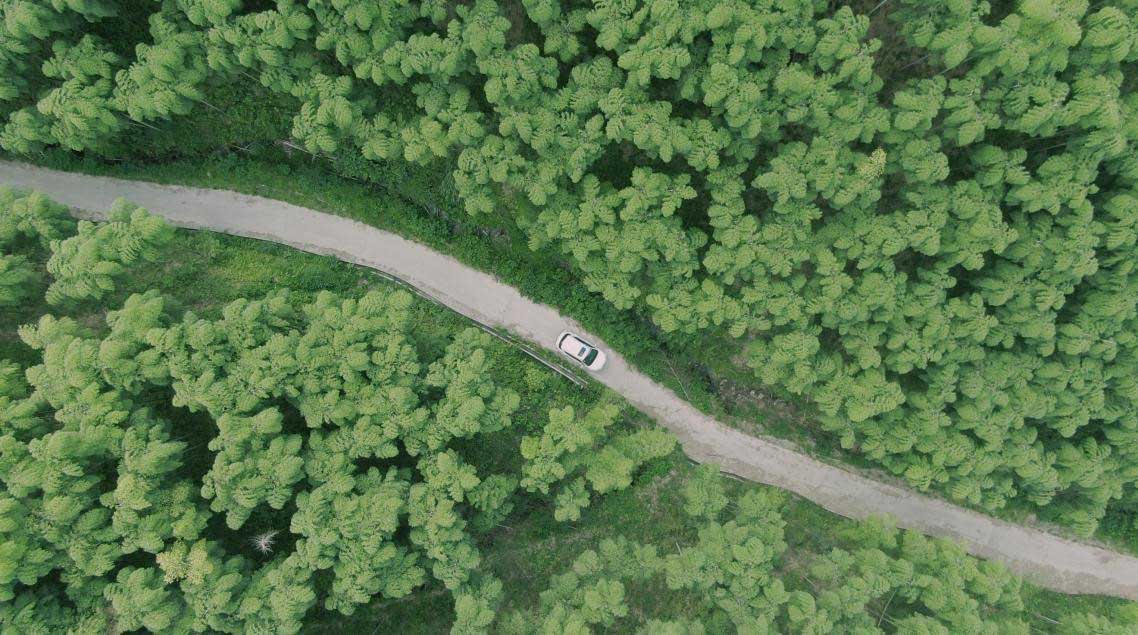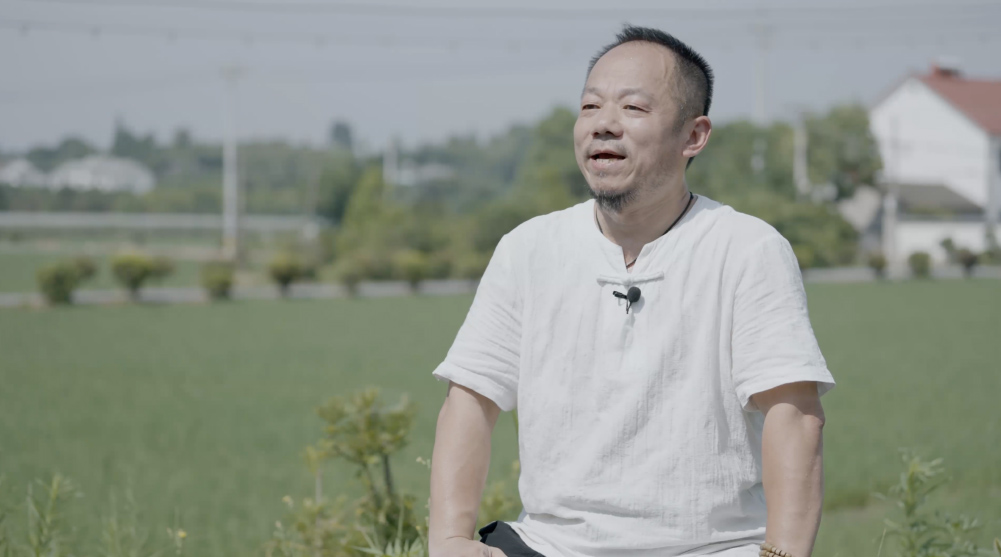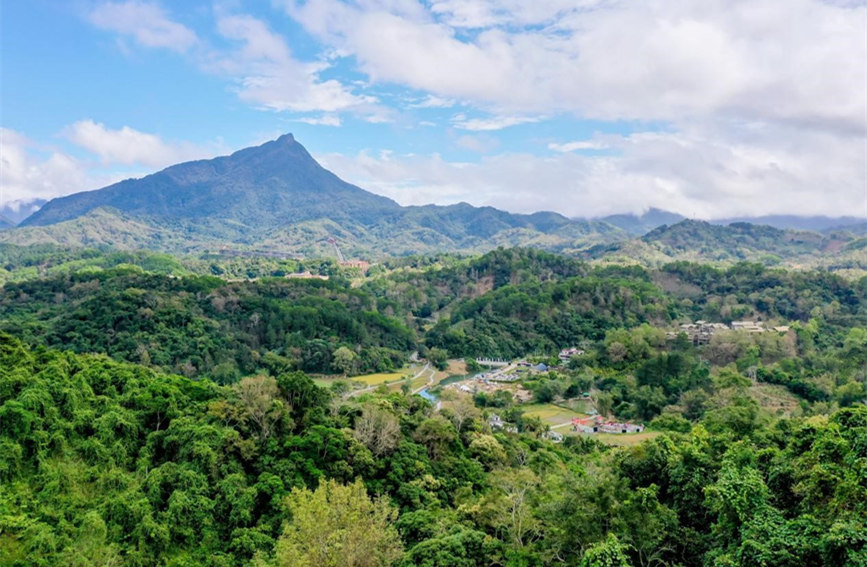Golden mountains in the bamboo forest
By Yuan Meng, Zhou Yu, Cui Yue, Zhang Wenjie, Xue Yanyan, Alvaro Lago Sanchez (
People's Daily Online)
15:36, February 06, 2023
Respecting, adapting to, and protecting nature is essential for building China into a modern socialist country in all respects. We must uphold and act on the principle that lucid waters and lush mountains are invaluable assets, and we must remember to maintain harmony between humanity and nature when planning our development, Xi Jinping, general secretary of the Communist Party of China Central Committee, stressed in a report delivered to the 20th National Congress of the Communist Party of China.
"Lucid waters and lush mountains are invaluable assets", an important concept put forward by Xi, has become a consensus of the whole of society.
Xi first proposed the "Two Mountains" theory, in which clear waters and lush mountains are invaluable assets, comparable to the gold and silver mountains of legend, on Aug. 15, 2005 when he visited Yucun village, Anji county, Huzhou city, east China's Zhejiang Province, while serving as secretary of the CPC Zhejiang Provincial Committee.
Practice is the sole criterion for testing truth. Under the guidance of the "Two Mountains" theory, China has continuously improved the environment, made remarkable achievements in pollution control, and advanced ecological progress.

Aerial photo shows a bamboo forest in Anji. (Photo/Lyu Qiang)
In the past, residents in Anji county would exhaust their natural resources to obtain food and wealth. However, as the birthplace of the "Two Mountains" theory, the county has protected the natural environment, which has proven to be even more valuable than materials, transformed its method of production and explored a new path of green development, with economy and ecology thriving side by side.
At the entrance to the county's Yucun village stands a stele on which the “Two Mountains” theory is inscribed: Lucid waters and lush mountains are invaluable assets. The stele symbolizes a new chapter in Anji’s green development.
In the last century, the village pursued economic growth through mining. Villagers became prosperous but found themselves in a poor ecological environment, as mountains were hollowed, waters tainted, and the air fouled. Later, the village learned from its mistakes, closed down its mines, and embarked on its journey to green development.
Nowadays, Yucun village enjoys a sound ecology, brisk homestay hotel business, and thriving tourism. "I feel so happy to enjoy the beautiful scenery of the village," said an owner of a small shop in the village.
The rich bamboo of Anji county provide a prefect resource for its implementation of the "Two Mountains" theory. Anji has about 1 million mu (66,667 hectares) of bamboo forests, which facilitates its green development, and constitutes a vital ecological barrier.
Over the past 40-plus years, the bamboo industry has thrived in Anji. The output value of the county's bamboo sector accounts for 10 percent of the country's total, despite the overall volume of bamboo production in the county only comprising just 1.8 percent of the country's total.

Photo shows Xu Yan, who has worked in the bamboo industry in Anji for many years. (People’s Daily Online/Yuan Meng)
Xu Yan has been engaged in the bamboo industry for 25 years. By taking advantage of its local resources, Xu has turned his small workshop into a locally known bamboo technology company.
"Anji boasts the most complete industrial chain for the bamboo sector with available machines, spare parts, and machine repair services. I prefer to do bamboo business in Anji," Xu said.
"I call bamboo my child. After the 'Two Mountains' theory was proposed, bamboo products have become increasingly popular, and I have received more orders and seen a significant increase in sales of bamboo products," he said, noting that he is optimistic about the future of his company.
Xu noted that the key to the development of Anji is the bamboo industry. "I hope to expand my business in the future, open plants in south China's Hainan Province and southwest China's Sichuan Province, and establish bamboo culture industrial parks to bring together facilities such as paint rooms and carbide furnaces. I believe that sales of my bamboo products will expand further in the future," Xu said.
(Web editor: Zhang Wenjie, Wu Chengliang)











